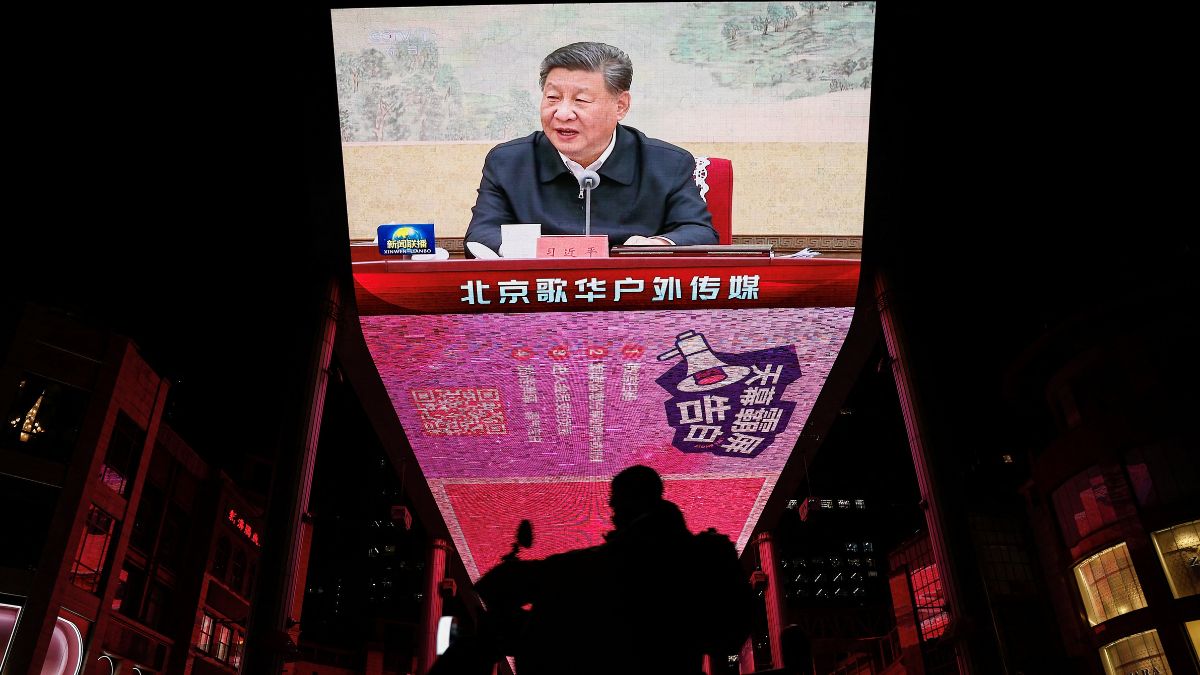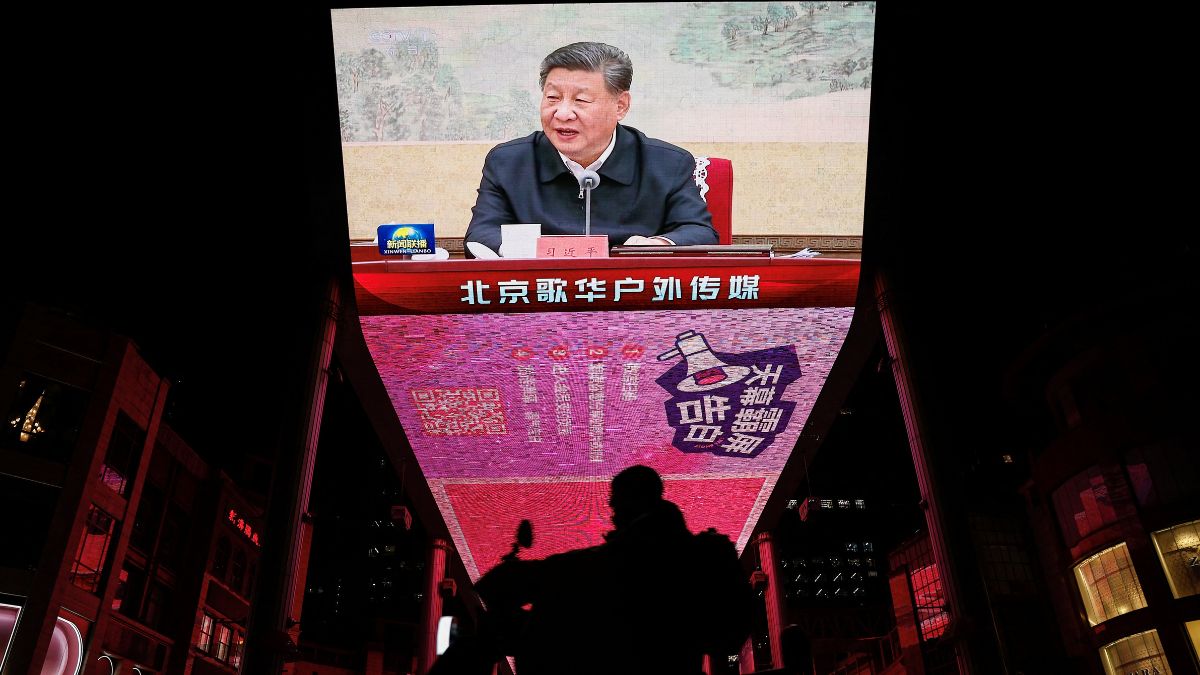One of the most significant wars in South Asia during the 20th century is the Sino-Indian War of 1962, which began on October 20, 1962. The two nations had been at loggerheads over boundaries for some time as India recognised the McMahon Line as its national boundary while China refused.
If you are a history geek who loves to learn about important events from the past, Firstpost Explainers’ ongoing series, History Today will be your one-stop destination to explore key events.
On this day in 1973, one of the most iconic buildings of the 20th century - Sydney Opera House z- was inaugurated by Queen Elizabeth II. In 2011, Libyan leader Muammar Gaddafi was killed on this day, which led to the Libyan Civil War.
Here is all that happened on this day.
India-China War of 1962 began
One of the most significant military conflicts in South Asia’s post-independence history - the Sino-Indian War of 1962 began on October 20, 1962. Tensions had been mounting for years along the disputed Himalayan border, primarily in Aksai Chin (Ladakh) and the North-East Frontier Agency (now Arunachal Pradesh). The roots of the conflict lay in differing perceptions of the boundary, particularly the McMahon Line, which India recognised and China rejected.
As negotiations failed to resolve the issue, Chinese troops launched coordinated attacks across both western and eastern sectors. Indian forces, ill-equipped for the harsh mountain terrain and severe cold, were quickly overwhelmed by the well-prepared and numerically superior Chinese army. Major battles took place in areas like Rezang La, Tawang, and Walong. Despite the bravery of Indian soldiers, including the legendary stand of the 13 Kumaon Regiment at Rezang La, India suffered heavy losses.
The war exposed India’s lack of military preparedness and led to intense political and public criticism of Prime Minister Jawaharlal Nehru’s government. China, after achieving its objectives, declared a unilateral ceasefire on November 21, 1962, and withdrew from the eastern sector, though it retained control over Aksai Chin — territory it continues to hold today.
Inauguration of Sydney Opera House
The world witnessed the grand opening of one of the most iconic architectural marvels of the 20th century - the Sydney Opera House, on October 20, 1973. Located on Bennelong Point in Australia’s Sydney Harbour, the Opera House was officially inaugurated by Queen Elizabeth II. Its opening represented not only a cultural milestone for Australia but also a triumph of modern architectural vision.
The Sydney Opera House is renowned for its distinctive sail-like design, conceived by Danish architect Jorn Utzon. Utzon’s innovative use of geometric forms and engineering ingenuity transformed the building into a symbol of creativity and ambition. Construction, which began in 1959, faced numerous technical challenges and cost overruns, taking 14 years to complete at a total cost of A$102 million, far exceeding initial estimates. Despite controversies and Utzon’s eventual resignation in 1966, the Opera House was completed under the guidance of other architects, preserving the essence of his original vision.
The opening ceremony on October 20 drew dignitaries, performers, and spectators from around the world. A specially commissioned orchestral performance filled the air, while the sails of the building gleamed in the afternoon sunlight, symbolising Australia’s cultural aspirations. Beyond its aesthetic appeal, the Opera House was designed as a multifunctional performing arts venue, housing multiple theatres and concert halls, accommodating opera, ballet, theatre, and orchestral performances.
Muammar Gaddafi was killed
Libyan dictator Muammar Gaddafi was killed on this day in 2011. The leader ruled over Libya for nearly four decades, and his death marked the violent culmination of the Libyan Civil War. Gaddafi had maintained a tight grip on power since 1969, when he seized control through a military coup.
After becoming the leader of the country, he established an authoritarian regime characterised by suppression of dissent, state control over resources, and a controversial foreign policy. However, decades of internal discontent, combined with the wave of the Arab Spring in 2011, sparked widespread protests and an armed rebellion against his rule.
The Nato-backed insurgency quickly gained momentum, supported by international sanctions and military interventions. By mid-October 2011, rebel forces had captured Gaddafi’s hometown of Sirte. On October 20, during an attempted escape from Sirte, Gaddafi was captured by anti-government fighters. Video footage circulated globally showing the chaotic and brutal circumstances of his death, which occurred amid heavy fighting. Gaddafi’s death effectively ended his 42-year regime, symbolising the collapse of one of Africa’s longest-serving and most controversial rulers.
While his removal was celebrated by many Libyans and seen as a victory for democracy and freedom, it also unleashed political instability, factional fighting, and a prolonged power vacuum.
This Day, That Year
On this day in 2002, Blue Stream, the deepest underwater pipeline in the world, opened in Turkey.
Holy Roman Emperor Charles VI died, setting off the War of the Austrian Succession in 1740.


)

)
)
)
)
)
)
)
)



